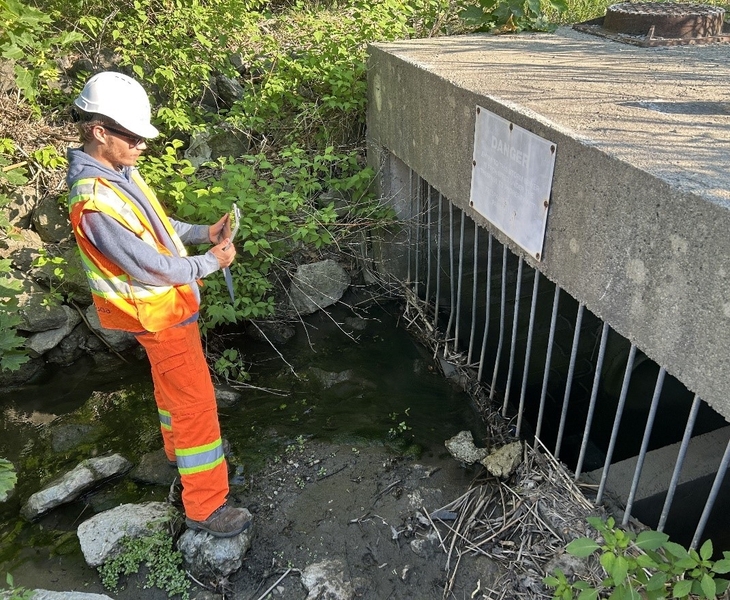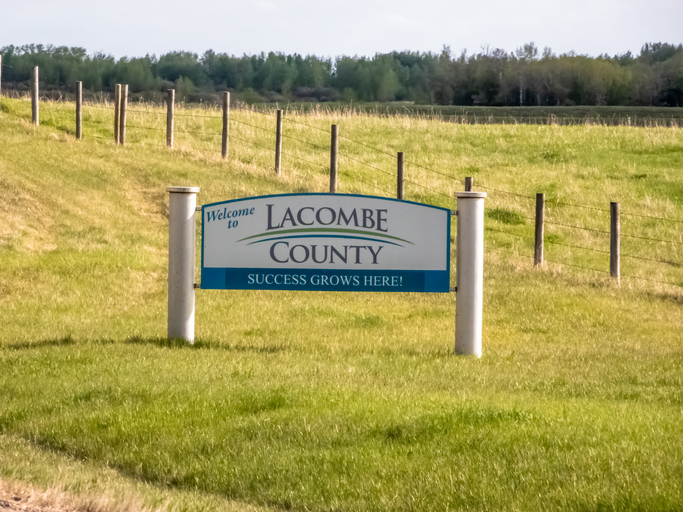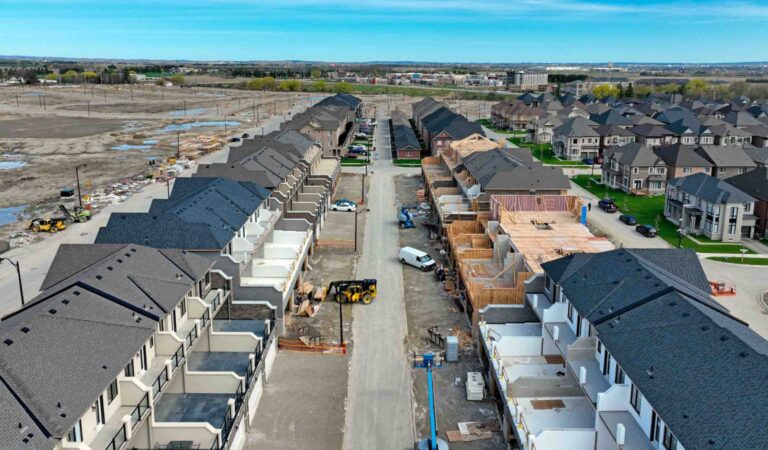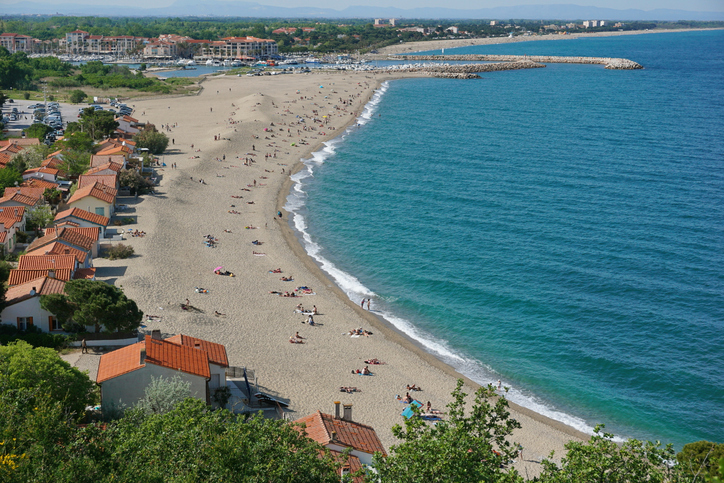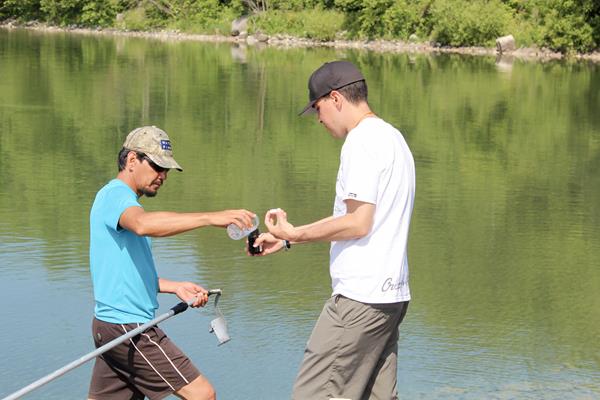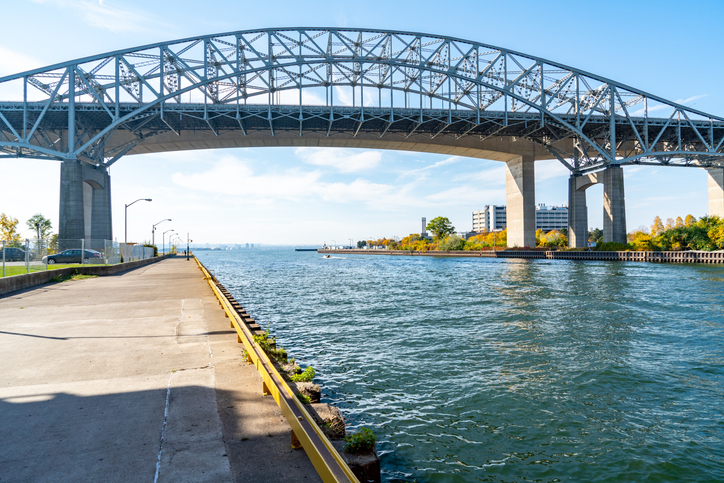Chief Wilbert Marshall of Potlotek First Nation and Jane Philpott, Minister of Indigenous Services, have announced that construction is underway on a new water treatment plant for the community.
The new water treatment plant will provide clean, safe drinking water in homes and buildings on reserve and will effectively treat iron and manganese that has been seasonally affecting the First Nation’s drinking water supply. It will also double the current treatment capacity in order to support population growth in the community, as well as accommodate visitors to the St. Anne’s mission each summer.
“Thank you to our community members for their patience waiting for the announcement that Brilun Construction was the successful bidder and they have started construction on our new water pant,” said Chief Marshall.

The Government of Canada supported this project with an investment of $6.16 million that includes the design, construction, and project management of the new water treatment plant, transmission line, and water reservoir, as well as the decommissioning of the existing water plant and water tower. This project is expected to be completed in the winter of 2020.
“I am pleased to see progress underway in building a new water treatment plant in Potlotek First Nation, and I commend Chief Marshall and Council in their efforts to make this project a reality,” said Philpott. “Implementing a long-term solution to resolve recurring, short-term advisories will have many lasting impacts on the health and well-being for the entire community.”
Potlotek First Nation is located in Cape Breton, Nova Scotia along the Bras d’Or Lake and has an on-reserve population of approximately 567 people with approximately 178 members off-reserve.
While construction of the new water treatment system is underway, the existing plant will continue to operate. Potlotek First Nation and Indigenous Services Canada refurbished and upgraded the current water treatment system to remove manganese and iron from the water supply. Interim repairs to the existing system have been completed at a cost of $842,000.

